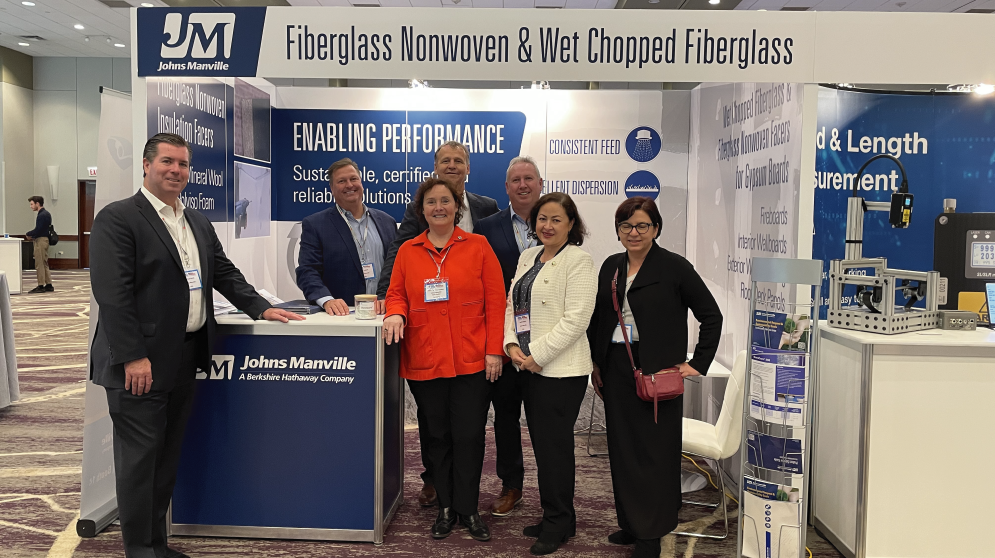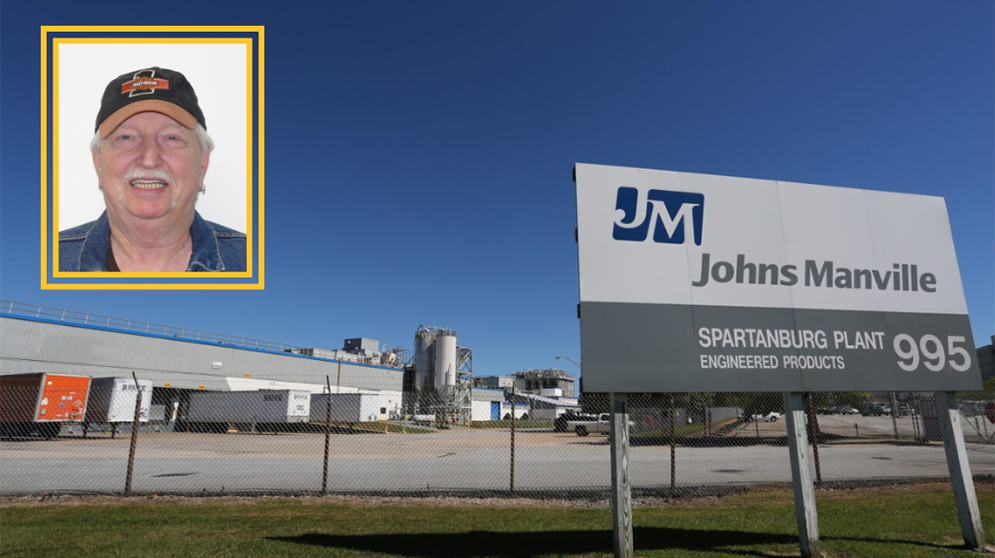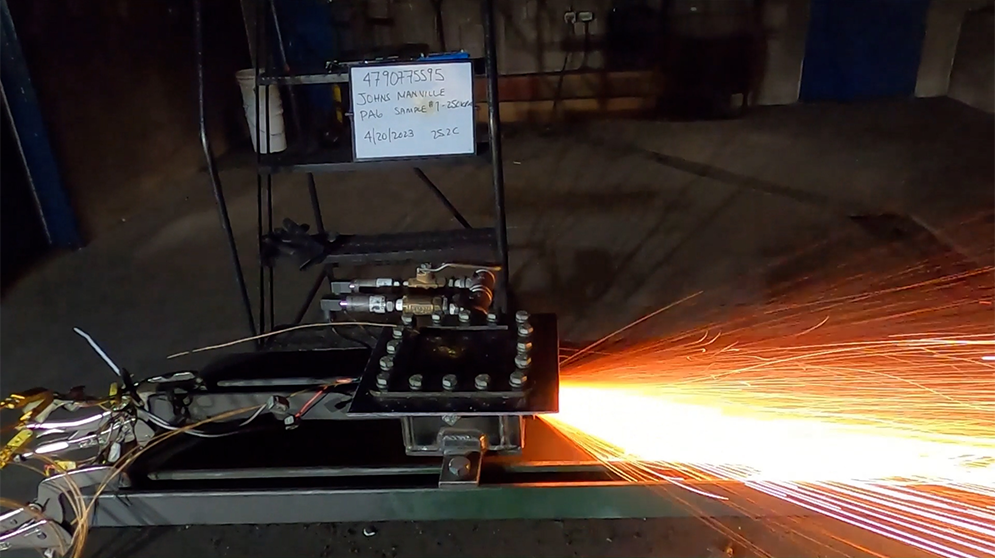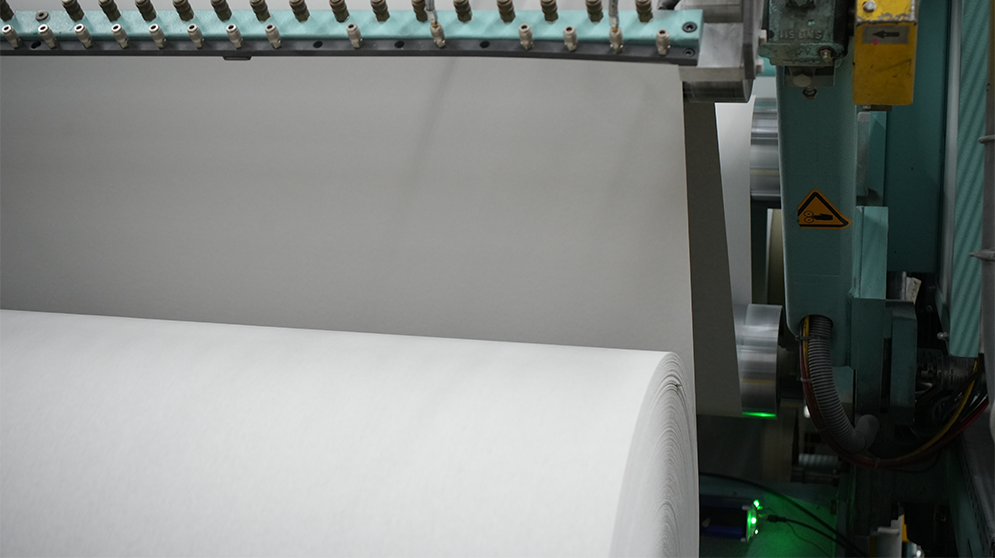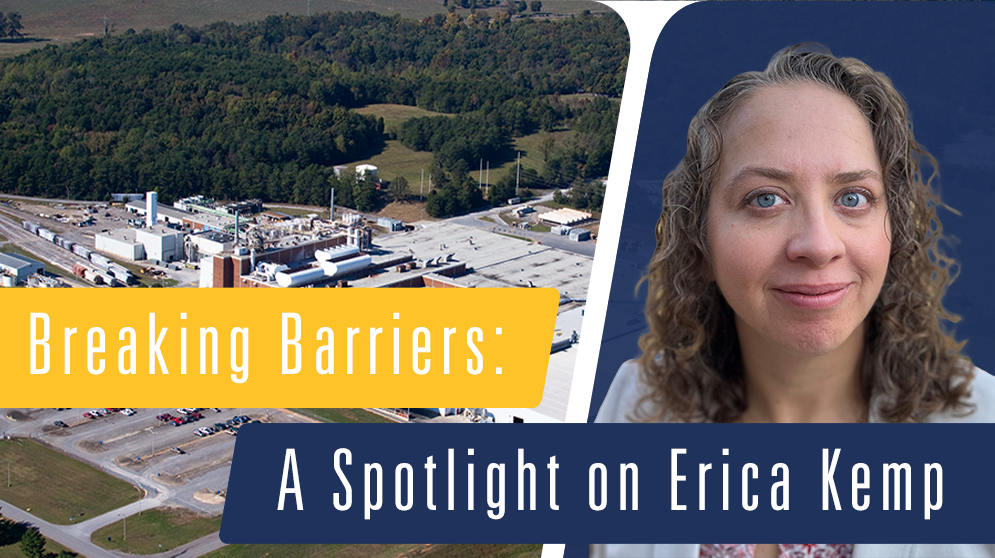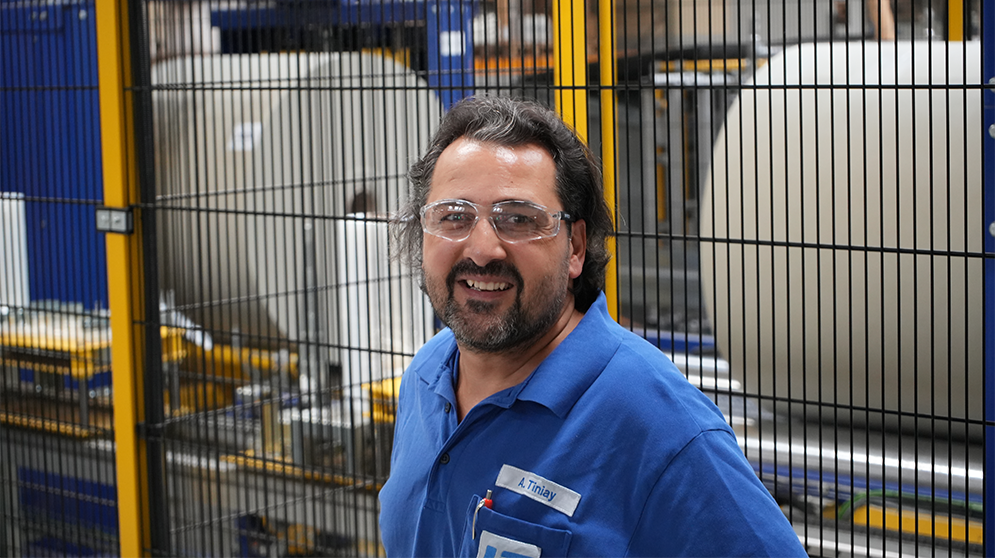At the Global Gypsum & Insulation Conference 2023 in Chicago, we, as Johns Manville Engineered Products, gained a comprehensive understanding of pivotal industry trends shaping the years ahead. Renowned as a market leader in fiberglass nonwoven facers and chopped fiberglass, our expertise spans both applications, granting us invaluable insights during this event. We see many cross-cutting trends that affect both the gypsum and insulation industries, and in this article, we share some interesting learnings relevant specifically to the gypsum sector.
Sustainable Production Paradigms
Decarbonization is taking center stage in the industry, reflecting a collective commitment to mitigating building materials' carbon footprint. The roadmap towards climate neutrality must include key actions, like energy optimization, electrification, green transport, and increased recycling. Collaboration with entities committed to sustainability also becomes increasingly vital as the industry moves towards a more sustainable future.
Electrification in gypsum production has notable potential to lower emissions, showcasing benefits such as enhanced safety, cleaner operations, and reduced ecological impact. These advancements signal a broader push towards sustainable manufacturing practices, aligning with global environmental objectives. There is also an increasing demand for environmental reports, including Life Cycle Assessment (LCA) and Environmental Product Declarations (EPD), as organizations seek to disclose such information to the market.
Construction Market Adaptability to Changing Dynamics
Findings on the construction sector paint a nuanced picture of the market in 2024. Overall, manufacturers noted a softening in demand, certainly compared to the Covid years. New builds are facing challenges including the evolving landscape of changing building codes, certification requirements, and the overall affordability of new housing. The increasing cost of materials and the stringent regulatory environment contribute to the complexity of undertaking new construction projects.
In contrast, renovation projects have been demonstrating resilience within the construction sector. Renovations can be perceived as a more cost-effective alternative, requiring fewer resources therefore being less dependent on the supply chain. Moreover, there is a growing emphasis, and in some cases, regulatory requirements on remodeling, improvements, and upgrades to existing structures, aligning with sustainable and adaptive construction practices. Despite the challenges, there is cautious optimism, more so in North America than in Europe for 2024. The extent of this optimism is dependent on the geopolitical effects on the economy, adding an element of uncertainty to the industry’s outlook. The shortage of qualified construction workers also remains a major hurdle.
Adapting to Changing Customer Demands
There is also a discernible acknowledgment that the industry may face a sudden shift in customer demands. The call to action here involves continuous development and collaborative efforts with partners to ensure adaptability to evolving market requirements. For example, by developing products meeting new requirements regarding emissions of volatile compounds and end-of-life recyclability. This dynamic underscores a readiness to embrace change and a proactive stance in addressing emerging industry needs. To comprehensively address these needs, building product manufacturers are adopting a convergence approach by transitioning into solution providers, indicating a strategic shift in their business approach. Other major trends include rapid urbanization, housing shortage, changing regulations, ageing infrastructure, and resource scarcity.
The Road Ahead for Johns Manville Engineered Products
From sustainable production paradigms to market adaptability and recycling initiatives, the industry is poised for transformative changes, aligning with broader global sustainability goals. As the gypsum sector navigates challenges and embraces innovation, the market's future holds opportunities for growth, adaptability, and environmental responsibility.
Johns Manville Engineered Products is well-positioned for the changing market landscape. Our commitment to meeting the evolving needs of the industry is reflected in our new product development initiatives, where we actively engage with our customers to ensure their requirements are addressed. We gained valuable insights from the Global Gypsum & Insulation Conference, allowing us to stay at the forefront of industry trends. With a focus on sustainability, adaptability, and innovation, Johns Manville is prepared to navigate the challenges and seize the opportunities that lie ahead.
-
Engineered Products
-
Engineered Products
-
Engineered Products
-
Engineered Products
-
Engineered ProductsIndustry Insights, Sustainable Innovations, and Market Adaptability: A Comprehensive Overview from the Global Gypsum & Insulation Conference 2023
-
CommunityInternational Glass Artist Blends Illusion and Reality Using Johns Manville Materials
-
Engineered ProductsJM Reinforces Global Manufacturing Footprint as Tom Kendrick Returns as Global Fiberglass Commercial Director
-
Engineered Products

